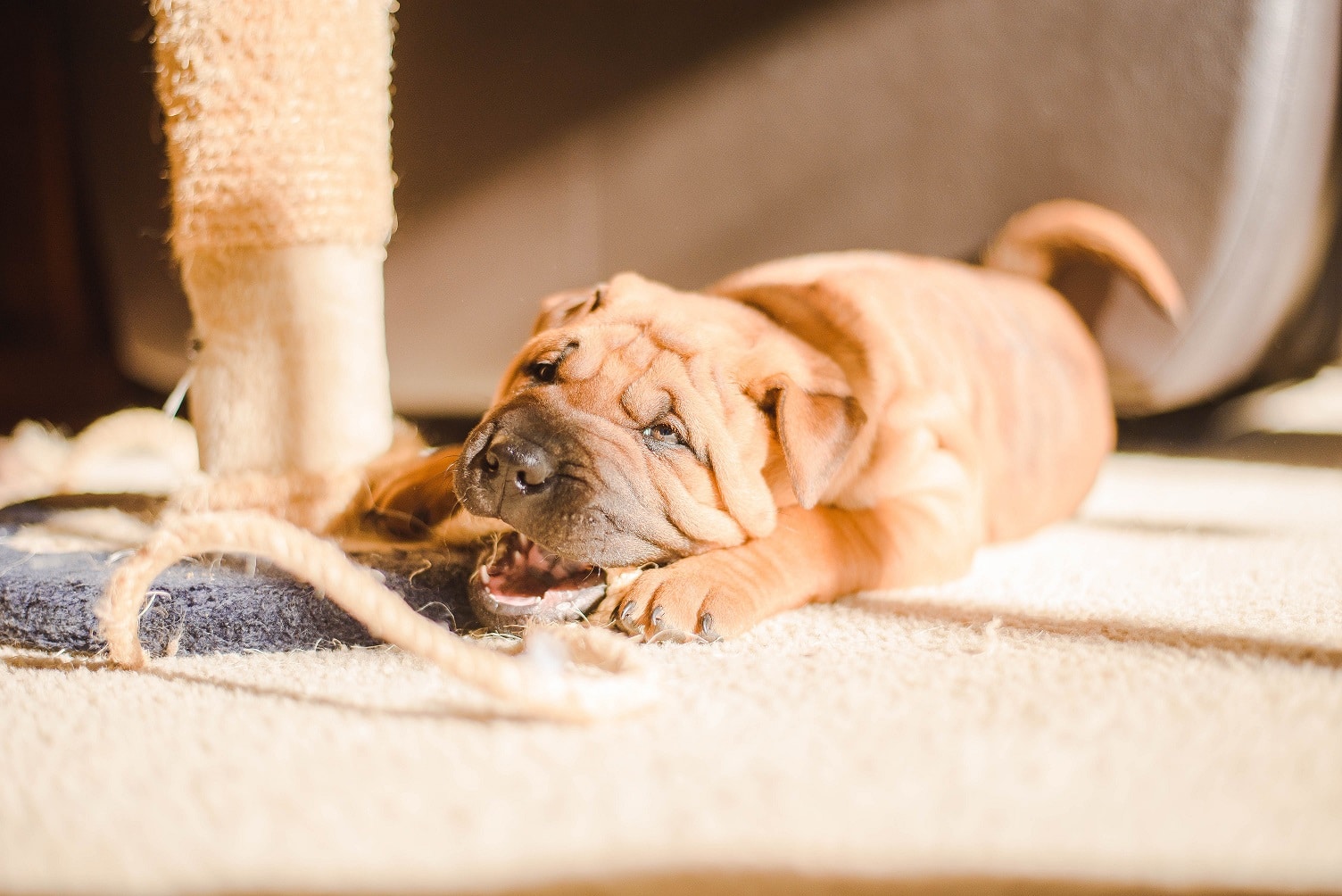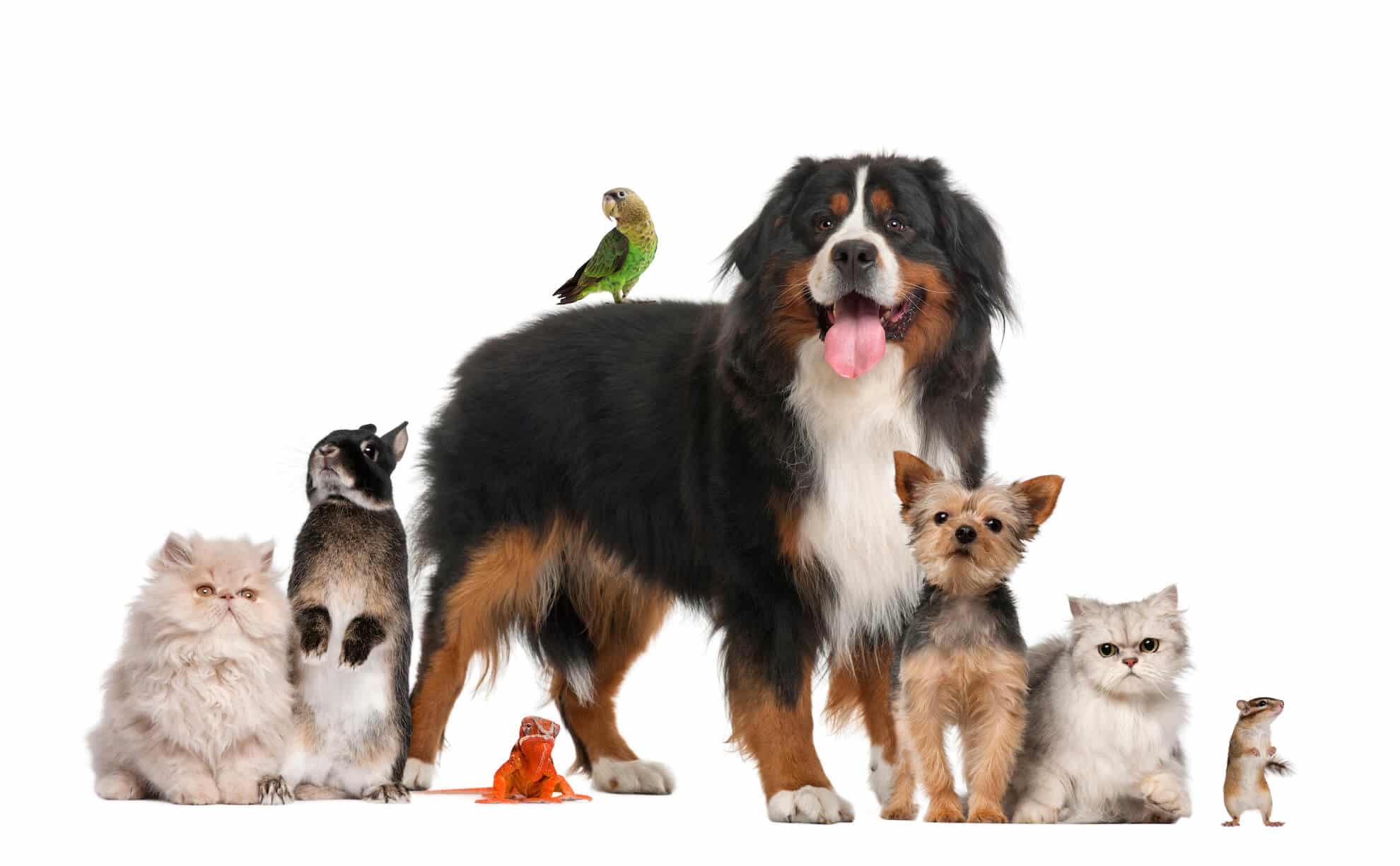7 Behaviors to Look out for in a New Puppy Tips
New Puppy Tips
New puppies are adorable, but that doesn’t mean they’re “problem-free”! From teething to chewing, house training to separation anxiety, and housebreaking to socialization, there’s a lot to keep up with. This article is going to take a look at the seven most common behavioural issues you and your puppy will encounter, and the best ways of dealing with them. If you are looking for new puppy tips here are some of them:
Chewing

Chewing is completely normal behaviour for puppies—but it can get out of hand pretty quickly if you don’t watch out for it! Make sure your puppy has plenty of toys and chew bones that are appropriate for their age, so they don’t go overboard with their gnawing needs. If they start chewing on things that aren’t meant for chewing (like furniture or shoes), be sure to correct them immediately so they learn not to chew on inappropriate things.
Besides this, it is important to start thinking about vet services and how your dog will behave in his first vet visit.
Nipping
Puppies love to nip. They’re just little teeth-y monsters who want to play with your toes and hands. Don’t worry, though, it’s totally normal! Just make sure that when you get your puppy, you give them plenty of chew toys and teach them what’s okay to nibble on and what isn’t. If they start nipping at people (or anything else), be sure to correct them immediately so they learn not to bite humans.
Whining
New puppies are often whiney because they’re missing their mom and littermates. They may whine when you leave them alone in the house or when you try to put them in their crate for naps or bedtime. This is normal behaviour for a puppy who hasn’t bonded with its owner yet, but if it persists beyond three months of age (and especially if your pup whines all day long), it’s a sign that something is wrong, either physically or behaviourally.
Jumping up on people 
Puppies are full of energy and excitement about new things, which is why they love to jump up on people and get their attention. You need to teach your puppy that jumping up isn’t allowed. The best way to do this is by gently pushing him down and saying “off” or “no jump” every time your pup jumps up. Then reward him with praise when he behaves appropriately.
Eating everything they can find
Puppies are notorious for eating everything in sight, including things they should not eat! Make sure your puppy is safe by keeping all dangerous items out of reach. This includes food, medications, small objects like coins or buttons, electrical cords, and more. If your puppy does eat something that could be harmful, take them to the vet immediately.
It is necessary to keep your dog well fed. However, it is important to get your puppy all the vaccines. This will keep your puppy save and healthy from the beginning.
Peeing in the house

Pooping/peeing indoors is probably the most common issue new puppy owners face. Make sure that your dog has good access to the outdoors. This means a safe place to do their business—like an enclosed yard or a dog run—and plenty of opportunities to go outside every day, even if it’s just for a quick walk around the block. If you don’t have an enclosed outdoor area for them, you’ll need to take them out on leash often for walks so that they can do their business.
Excessive barking
Barking is a normal behaviour for dogs, but excessive barking can be a sign that your puppy isn’t getting enough exercise and stimulation or that he’s bored and stressed out. A good rule of thumb is that if your dog barks constantly, he needs more exercise and attention.
When it comes to any pet, the more you know about what to expect, the better prepared you’ll be. So, keep these helpful tips in mind when bringing a puppy into your home, and make sure you’re ready for what comes next.
In the end, here are some additional things that most probably you didn’t know about new puppies. What are some unusual things/tips/advice most new puppy owners probably don’t know?
For more information please contact Langley Animal Clinic.


